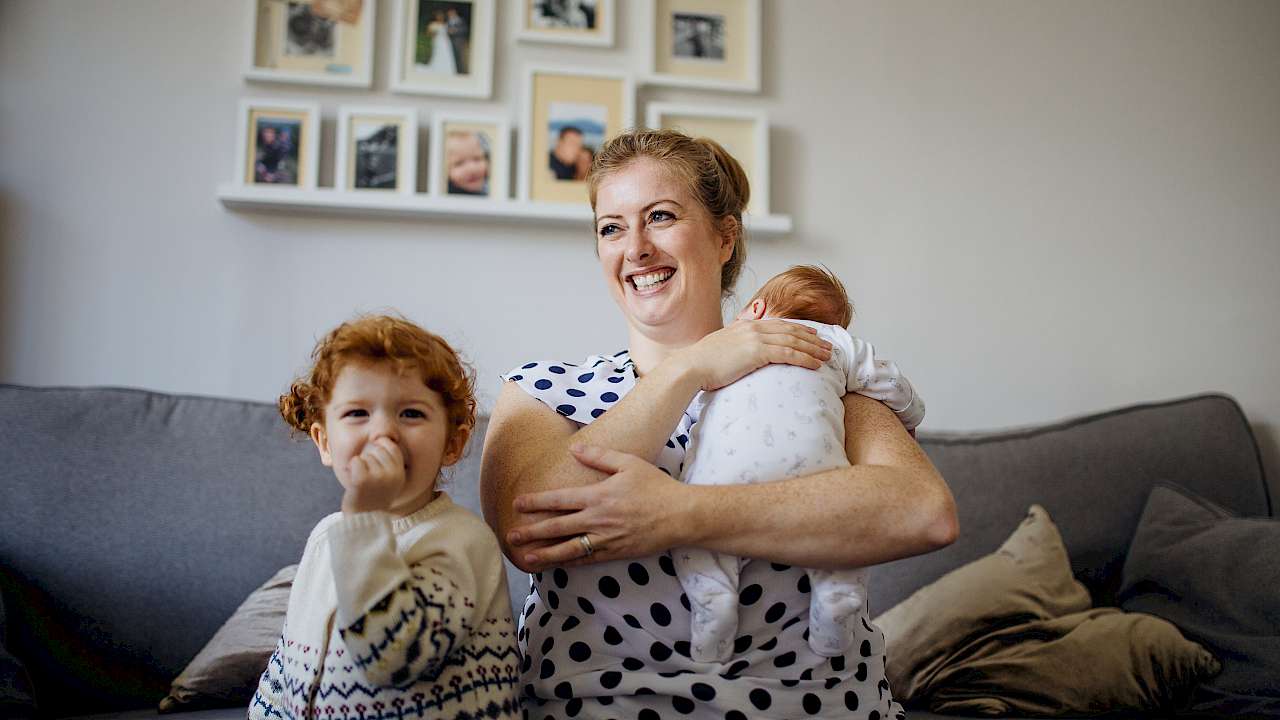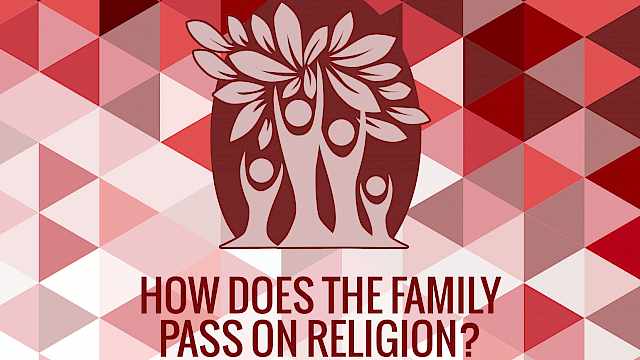Nearly 20 years after his father was convicted of helping plan the 1993 World Trade Centre bombings, an FBI agent who had worked on the case told Zak Ebrahim: ‘I was afraid that you’d followed in his path.’ Whilst Ebrahim has heard similar comments, the statement nevertheless reveals preconceptions about the ability and means by which families pass on extremist beliefs. How then does Ebrahim’s decision to become an outspoken critic of all forms of terrorism, including the actions of his father, challenge these preconvictions?
Despite examples like Ebrahim’s, our belief in the ideological influence of family persists. In every culture, past and present, families have played a critical role in the socialisation of children. For most individuals, the family provides the initial frame to help make sense of a complicated world. Examining the role of the family therefore begins to address key questions of ideological transmission: ‘when’ and ‘between whom’ does transmission takes place?
There has been little empirical study of the role of the family in passing on extremist beliefs. Most accounts draw on research about the transmission of other religious and political ideologies. They assume that beliefs are passed on from parent-to-child or from older-generation-to-younger. Outside of academic research, such thinking is reflected in the public rhetoric of many religious and political organisations who emphasise the duty of parents to educate children and ensure that they hold the same beliefs.
The ability of parents to effectively pass on their beliefs to children has received mixed empirical support. Accounts of current and former terrorists similarly describe few instances of individuals inheriting extremist ideologies from their parents. Even where this does appear to take place, these values often form only partial motivations for violence. It sits alongside other factors such as traumatic life events or personal experiences of victimisation.
The focus on parent-child transmission often mitigates the importance of other familial relations. It was the sister of Mohamed Merah, who committed a series of terror attacks in France in 2011, that played the defining role in his ideological development. That this sister also radicalised their mother similarly challenges the assumption that ideology is only passed down through generations. It also flows upwards.
For most individuals, family provides the initial frame to help make sense of a complicated world
Families are often sites of ideological contestation. Omar Shafik Hammami, an American who travelled to Somalia in search of jihad, recalls the competing religious beliefs of his Christian mother and Muslim father during his childhood. The discovery that his wife had been secretly taking their children to church led Hammami’s father to reassess and ultimately readopt his own faith with renewed vigour. Ironically, Hammami admits that his later adoption of a radical interpretation of Islam was a means to defy his more moderate father. In choosing to reject his mother’s faith and to reinterpret his father’s, Hammami demonstrates that all family members, even children, are active participants in their own ideological development.
In acknowledging the agency of all members, a question then arises as to exactly ‘what’ it is that families transmit? While families can pass on formalised ideologies, including explicit support for terrorism or terrorist organisations, they are also responsible for transmitting other more abstract values, beliefs, and traditions. Some of these may have a fairly obvious link to terrorism such as narratives of victimisation, persecution, grievance, or hatred.
However, terrorist autobiographies reveal that other family-inherited beliefs, which would in other circumstances be considered positive, may inform these individuals' motivations in unintended ways.
The idea that many terrorists hold twisted but ultimately altruistic motivations for their actions has been well-explored. In a similar vein, the upbringings of a number of loyalist paramilitary members in Northern Ireland also reveal domestic environments in which significant value was placed upon family traditions of military service. For these individuals, terrorism provided a means to live up to and continue these family ideals.
Further research is needed to properly address questions regarding family and the transmission of extremist ideologies including ‘what’ these systems transmit, ‘when’ transmission occurs, and ‘between whom’ it does. In addition, one particular question remains unexplored, that of ‘how’ transmission occurs. What are the tangible micro-processes by which radical beliefs are passed on from one family member to another?
Without a better understanding of the answers, the prospect of developing means to effectively disrupt the transmission of extremist ideologies, whether inside or outside of family settings, will remain elusive.
Copyright Information
As part of CREST’s commitment to open access research, this text is available under a Creative Commons BY-NC-SA 4.0 licence. Please refer to our Copyright page for full details.








